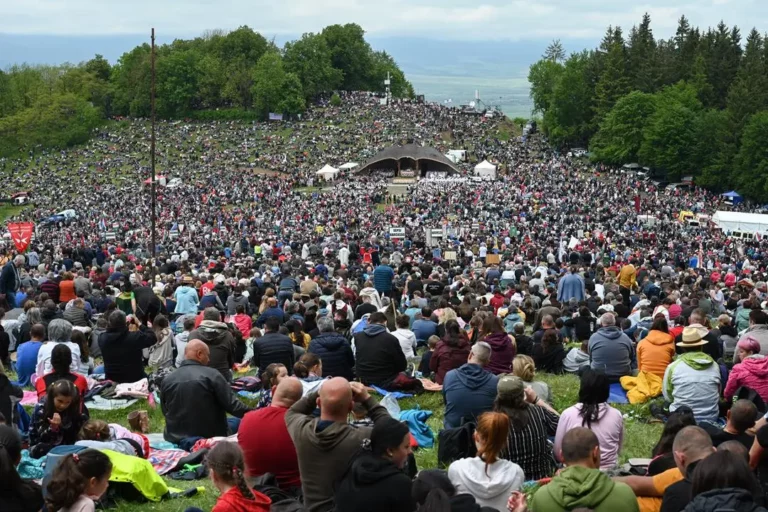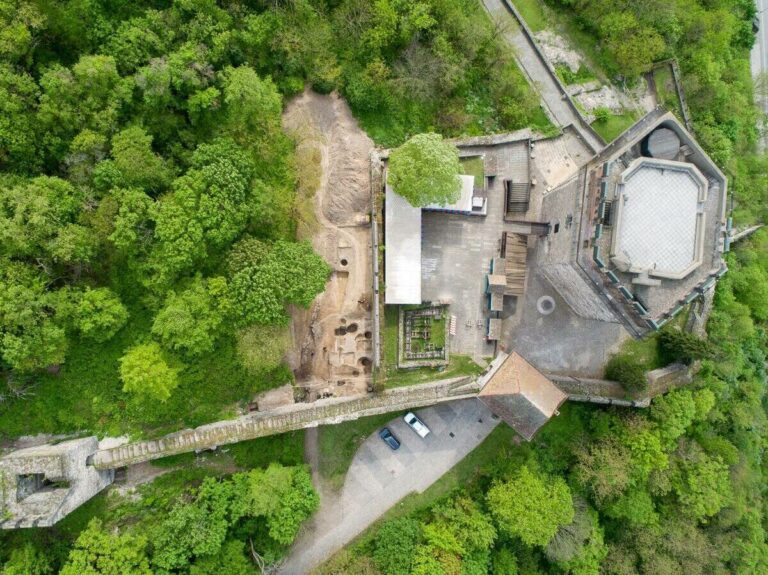religion
Pro-Orbán Roman Catholic priest, a flag-bearer of political Christianity participating in gay parties? – UPDATED

Hungarian President: Christianity represents Hungary’s ‘moral foundation’

Budapest mayor to order restoration of Holy Crown decorations on bridge

Hungarian government helps persecuted Christians

Romania’s Roman Catholic archbishop warns of ‘attacks against Christianity’ in Budapest

Hungarian agriculture minister István Nagy hands over state decorations

Navracsics: Hungarian nation held together by close-knit communities

Hungarian parliament speaker: Nations in Carpathian Basin must cooperate to survive

18+: Hilarion, head of Russian Orthodoxy in Hungary, accused of sexual misconduct

FM Szijjártó slams US for ‘nonsensical’ accusation against Hungary

Thanks to Hungary’s support, Benedictine monastery rebuilt in Norcia elevated to abbey rank

FM Szijjártó: Hungary and Vatican agree on issue of war

Orbán’s cabinet says UK, Germany, France have fallen, Islam is there

Hungary donating EUR 10 m to advance peace process in Syria

Hundreds of thousands of Hungarians celebrated Pentecost in Csíksomlyó in 2024 – PHOTOS

Shocking discovery: Long-lost Hungarian church found under tennis court – PHOTOS

March of the Living to be held in Budapest this Sunday

Isten hozott! – Pope Francis greets Hungarian people in Hungarian





 ZH
ZH IT
IT DE
DE HR
HR NL
NL FR
FR JA
JA RO
RO RU
RU ES
ES TR
TR
